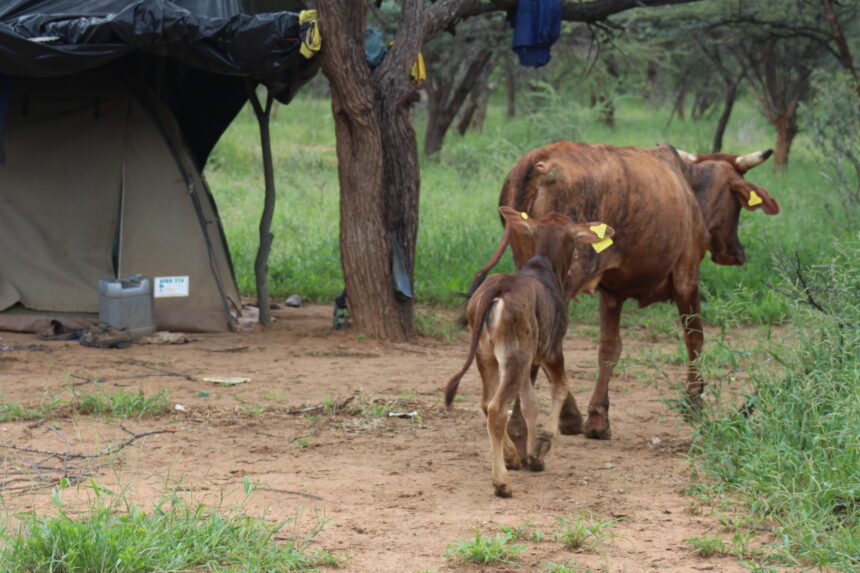GOBABIS – Crowded farms, hopelessness among corridor farmers and landlessness remain growing concerns in the Omaheke region, the regional leadership has admitted.
Both Okorukambe constituency councillor Rocco Nguvauva and his Gobabis constituency counterpart, Augustinus Tebele used the Omaheke Regional Council’s recent meeting to table motions aimed at addressing issues of corridor farmers and overcrowding at resettlement farms.
Their motions were overwhelmingly supported by the council.
Resultantly, it was resolved that the regional leadership will request the agriculture ministry to reserve and allocate additional farming units in resettlement farms in the region to vulnerable farmers currently farming in corridors and those farming in overcrowded resettlement farms.
The farms identified for this purpose are Alpha No 628 in the Aminuis constituency and farm Hartebeesfontein No 352 in the Kalahari constituency.
“Council resolved that three additional farms should be acquired for the same purpose. It also resolved that each constituency submit names of possible beneficiaries for resettlement in Omaheke region to the office of the governor. However, the list of names submitted has not been tabled to the council for endorsement. It was, therefore, resolved that the governor submits the list of names to the regional council for endorsement,” reads one of the council resolutions.
In May, the council also met with the line minister to discuss and seek guidance on the issue of the growing number of corridor farmers and those residing in congested farming units, which is now forcing them to bring their drought-stricken animals to the Gobabis municipal area for grazing.
To mitigate the influx of farmers to municipal areas, Omaheke’s chief regional officer Pecka Semba appointed a technical team which undertook an assessment to identify the number of people who were keeping livestock in the Gobabis municipal area.
The team comprised officials from the divisions of lands and veterinary services in the region and from Gobabis municipality.
The outcome of that assessment will guide the regional leaders on the way forward.
Earlier this year, the Gobabis municipality issued a notice to warn farmers with animals in the urban lands about the ongoing plans to upgrade and expand certain areas of the town’s boundaries.
“Considering the above, we kindly request that all residents who are currently keeping animals within the town limits cooperate by promptly vacating their animals. This is essential to ensure the smooth and unhindered progress of the upgrading process,” read the notice at the time.
Land reform is a hot political and economic topic in Namibia.
At present, the government remains committed to a “willing seller, willing buyer” approach to land reform.
The land reform policy consists of two different strategies, which are through resettlement and the transfer of commercially viable agricultural land. Resettlement aims to improve the lives of displaced or dispossessed previously disadvantaged Namibians.
Farms obtained by the government for resettlement purposes are usually split into several sections or units, and dozens of families are resettled on what had previously been one farm.
Meanwhile, the transfer of commercial agricultural land is not directly conducted by the government. Would-be farmers with a previously disadvantaged background obtain farms privately or through affirmative action loans. In both cases, the “willing seller, willing buyer” principle applies.
-ohembapu@nepc.com.na


